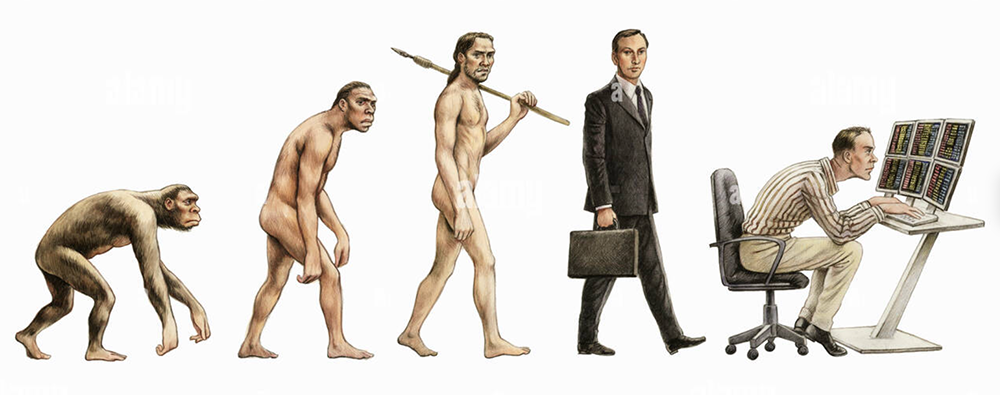Why Are We Here?

The question of why humans are here is one of the fundamental and philosophical inquiries that has puzzled thinkers, theologians, scientists, and philosophers throughout history. There are various perspectives on this question depending on one's beliefs, worldview, and cultural background. Here are a few perspectives:
Religious Perspectives: Many religions offer explanations for the purpose of human existence. For example, in Christianity, humans are believed to be created by God with a purpose to serve and glorify Him. In Islam, humans are considered as Khalifah (vicegerents) of Allah on Earth, entrusted with stewardship over the planet. Other religions have their own interpretations of human purpose and existence.
Evolutionary Perspective: From a scientific viewpoint, humans are here as a result of billions of years of evolutionary processes. According to the theory of evolution, humans have evolved from simpler life forms over time through natural selection and adaptation to their environment. From this perspective, humans exist simply because they are a product of biological evolution.
Existentialist Perspective: Existentialist philosophers such as Jean-Paul Sartre and Friedrich Nietzsche argue that humans create their own meaning and purpose in life through their choices and actions. According to existentialism, there is no inherent meaning or purpose to human existence; instead, individuals must create their own meaning in an otherwise meaningless universe.
Biological Perspective: From a biological standpoint, humans are here to survive and reproduce, as is the case for all living organisms. This perspective emphasizes the biological imperative of passing on genetic material to future generations.
Philosophical Perspectives: Various philosophical schools of thought offer different perspectives on the purpose of human existence. For example, some philosophies emphasize the pursuit of happiness and fulfillment, while others prioritize virtue or the attainment of knowledge and wisdom.
Ultimately, the question of why humans are here is deeply subjective and open to interpretation. Different individuals and cultures may ascribe different meanings and purposes to human existence based on their beliefs, values, and experiences.